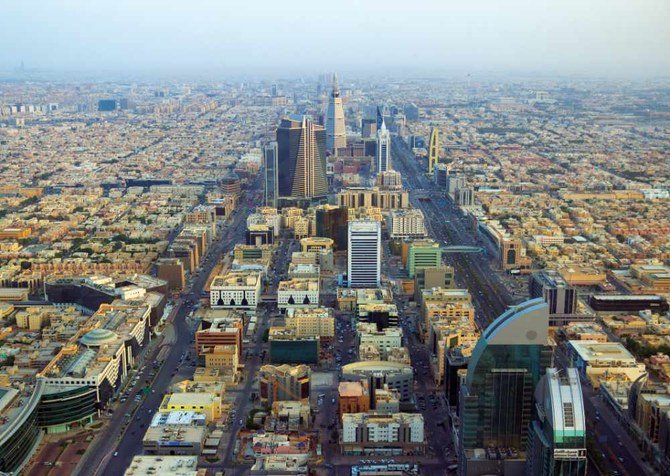
- ARAB NEWS
- 25 Apr 2024

Heshi Al-Shammari
RIYADH: A number of economic and finance experts have predicted that the Kingdom’s fiscal balance program will undergo drastic changes and will be more conservative over the medium term to manage the fiscal deficit.
A former International Monetary Fund (IMF) expert, who requested anonymity, told Arab News that international organizations would offer their services to the Kingdom to help it overcome the rare financial crisis resulting from the coronavirus disease (COVID-19) pandemic, coupled with the slump in global oil prices.
The Saudi stock index dropped to 5.7 percent, recording the largest daily loss since March 9, amid government plans to adopt drastic measures to handle the crisis.
The Saudi finance minister, Mohammed Al-Jadaan, said on Saturday that the Kingdom would take draconian measures that might be painful in order to deal with the crisis and pointed out that all options remained open to it.
According to the IMF expert, Al-Jadaan implied moving towards three options for handling the COVID-19 pandemic: Fiscal consolidation, subsidies removal, and increased fees and taxes.
He pointed out that the Kingdom’s public finances were facing multiple challenges amid the fight against COVID-19, including revenue challenges, manifest in the decline in oil revenue by approximately 50 percent due to the collapse in prices.
“The expenditure challenge can be summed up in the increased cost of the health bill. The current expenditure is more than 80 percent and is difficult to lower. So the challenge is fiscal sustainability in the short and medium term, and the final outcome depends on the duration of the COVID-19 crisis” the expert explained.
Mohammed Fahad Alomran, president of the Gulf Center for Financial Consultancy, said Al-Jadaan highlighted the need to rationalize government spending to cope with the anticipated decline in revenue by almost 50 percent. The government will adopt severe austerity measures on less important spending items in the budget with an objective to minimize the anticipated deficit, he said. This will have a negative effect on liquidity in general and, hence, on the valuation of all assets such as public equity, private equity and real estate.
“One of the challenges facing the state budget now is managing the fiscal deficits and how to cover them until reaching a break-even point. This will lead to a fundamental change of the fiscal balance program to be more conservative over the medium term. The options available right now can be deficit financing, government spending cuts and privatization programs,” Alomran said.
Hassan Alwatban, an economic consultant, said one of the challenges facing Saudi Arabia was how to handle the economic crisis and make use of the economic rationalization policies in order to cut down on spending and diversify sources of income.
“The COVID-19 impact will definitely reach the oil prices which will continue to drop as a result on the decrease in crude demand. OPEC+ plays a pivotal role in reducing the losses from oil prices through holding negotiations with OPEC members. This is the only way to reduce the output in the markets and support the crude prices and improve the monetary resources. It is important that the OPEC policies should be followed and adhered to. The advanced countries are the most affected by COVID-19 as their factories have stopped,” he said.
Ahmed A. Al-Jubair, a financial consultant and a member of the Saudi Economic Society, said he believed that the Kingdom’s huge reserves, government assets, the Saudi Sovereign Wealth Fund’s investments and Saudi Aramco would help the Kingdom overcome the challenges of COVID-19 and curb its impact on the local economy, and ensure financial and economic sustainability.
“We have trust in the Kingdom’s financial and economic policies which take into consideration the appropriate solutions for any problems facing the national economy. Saudi Arabia always hedges for such situations by taking preventive measures,” he said.